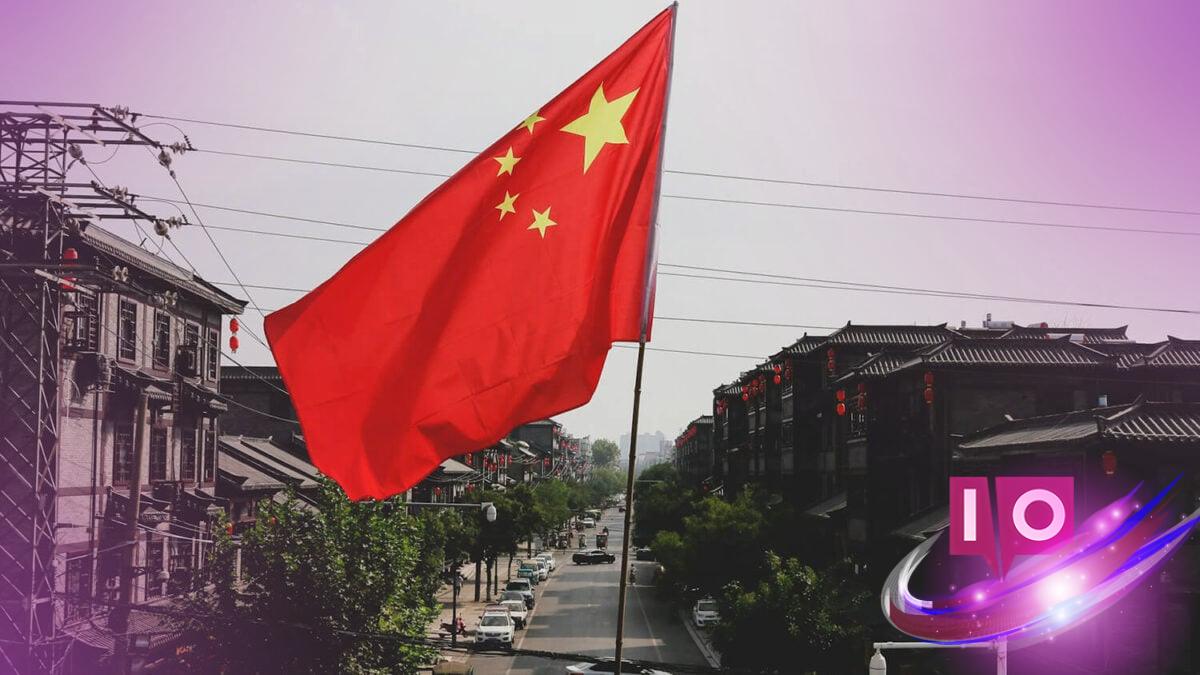Digital piracy in China is evolving rapidly, with pirates increasingly adopting sophisticated methods to evade local law enforcement. This situation raises serious concerns for U.S. copyright holders who are calling for urgent action.
The International Intellectual Property Alliance (IIPA), representing various sectors of the U.S. entertainment industry from Hollywood to gaming, has urged China to ramp up efforts to combat what has been termed ‘export-only’ piracy.
In a recent submission to the U.S. Trade Representative, the IIPA specifically called attention to this troubling trend. This submission is part of the Trade Representative’s annual review regarding China’s compliance with World Trade Organization (WTO) obligations, as reported by TorrentFreak.
The IIPA stated, “While significant piracy in China’s domestic market remains an enduring challenge, the exporting of pirated content, piracy services, and piracy devices from China to foreign markets is a growing and equally troubling global trend.”
In their submission, the IIPA identified several notoriously active offenders, including FlujoTV (formerly MagisTV), which primarily targets Latin America, the LokLok app for Southeast Asia, and the popular Taiwanese website GIMY.
As piracy tactics evolve, the IIPA noted that pirates are finding new loopholes. One especially alarming trend is the reskinning of video games. Instead of the traditional method of complete duplication, some pirates now make minor adjustments to games, allowing them to bypass copyright protections.
The report states, “Game piracy in China is increasingly characterized by reskinning the original games with non-substantial revisions.” These changes may only involve slight tweaks to the game’s source code.
The IIPA painted a concerning picture of China’s copyright enforcement, describing it as slow, inconsistent, and bureaucratic. Rights holders often need to file repeated complaints for ongoing violations, and e-commerce platforms typically delist specific items rather than shutting down entire shops. Additionally, geo-blocked services can often operate unnoticed.
“This allows China-based operations to evade enforcement action by simply geo-blocking their services or presenting a different set of content to users within China,” wrote the IIPA.
To combat these issues, the IIPA is pushing for specific reforms. They advocate for increased resources and better coordination for China’s National Copyright Administration (NCAC), simpler complaint procedures, and clearer guidelines for user-uploaded content platforms.
Moreover, the group seeks robust enforcement of copyright laws against all domestic piracy operations, even if these services aren’t accessible from within China. They also emphasize the need for better cross-border cooperation to ensure that geo-blocked piracy is addressed effectively.
What can be done to tackle the rise of digital piracy from China? It’s essential for not just governments, but also for consumers and businesses to be vigilant and advocate for stronger copyright protections.
Is copyright enforcement in China effective? The current enforcement landscape is hindered by slow bureaucratic processes, necessitating action from rights holders for repeated offenses.
How has digital piracy evolved in China? Digital piracy tactics have become more sophisticated, with pirates adopting methods like reskinning games rather than just duplicating them entirely.
What are ‘export-only’ piracy operations? These refer to services that are primarily designed to export pirated content outside China, making them harder for local law enforcement to address.
What steps is the IIPA taking to combat piracy? The IIPA is calling for stronger laws, increased resources for enforcement agencies, and better cooperation on cross-border piracy issues.
In conclusion, the fight against digital piracy needs a coordinated approach that includes robust enforcement and clearer guidelines. As the landscape continues to shift, it’s vital for stakeholders to collaborate and adapt. Keep exploring related topics on this pressing issue at Moyens I/O.
